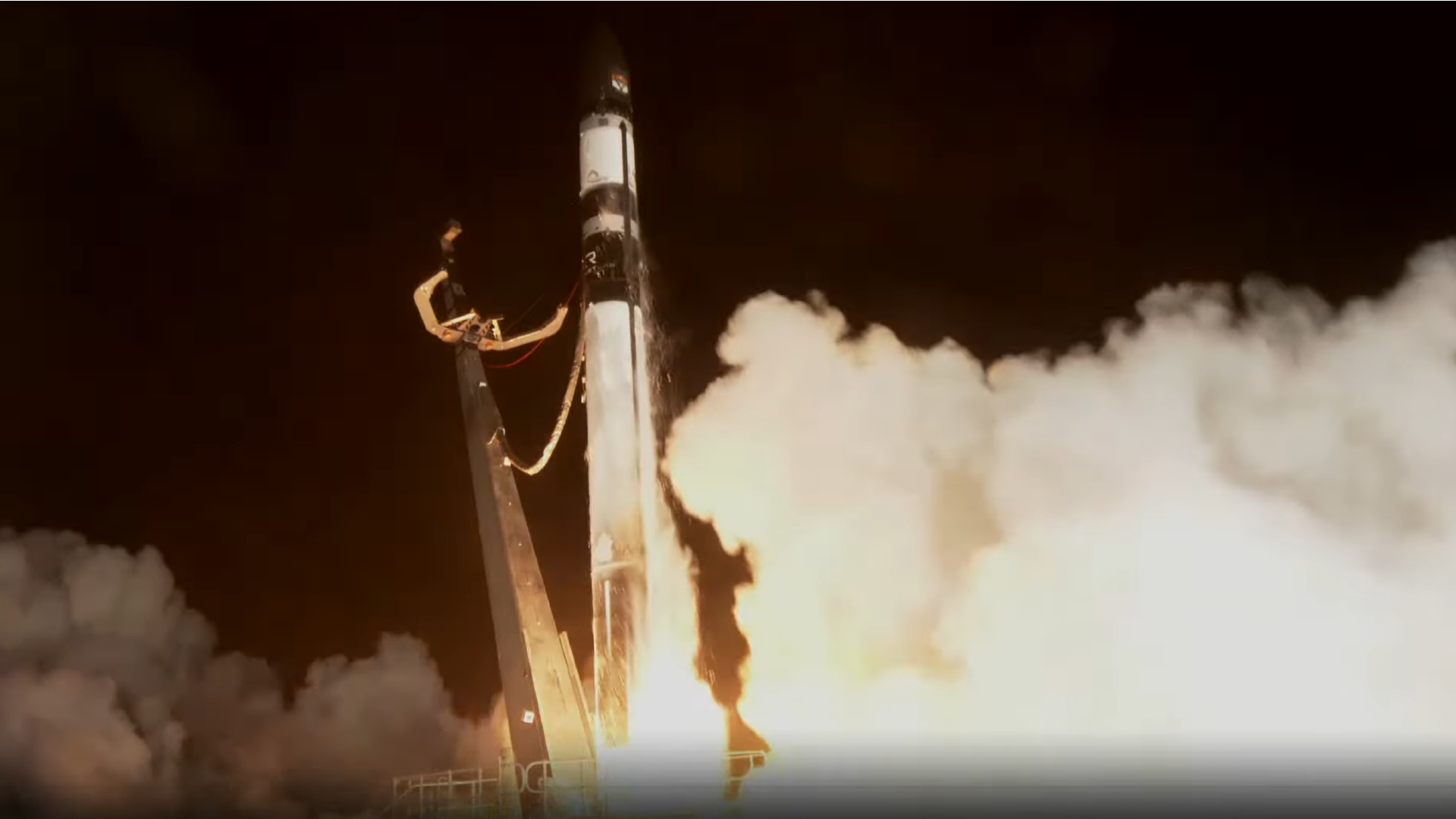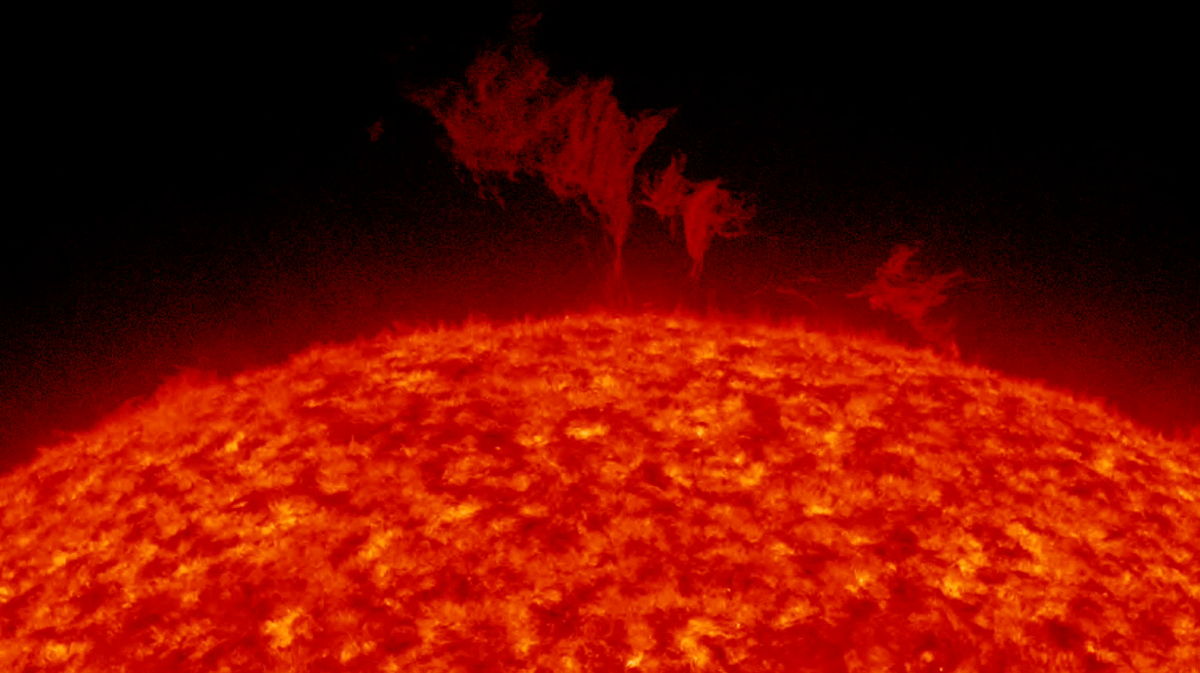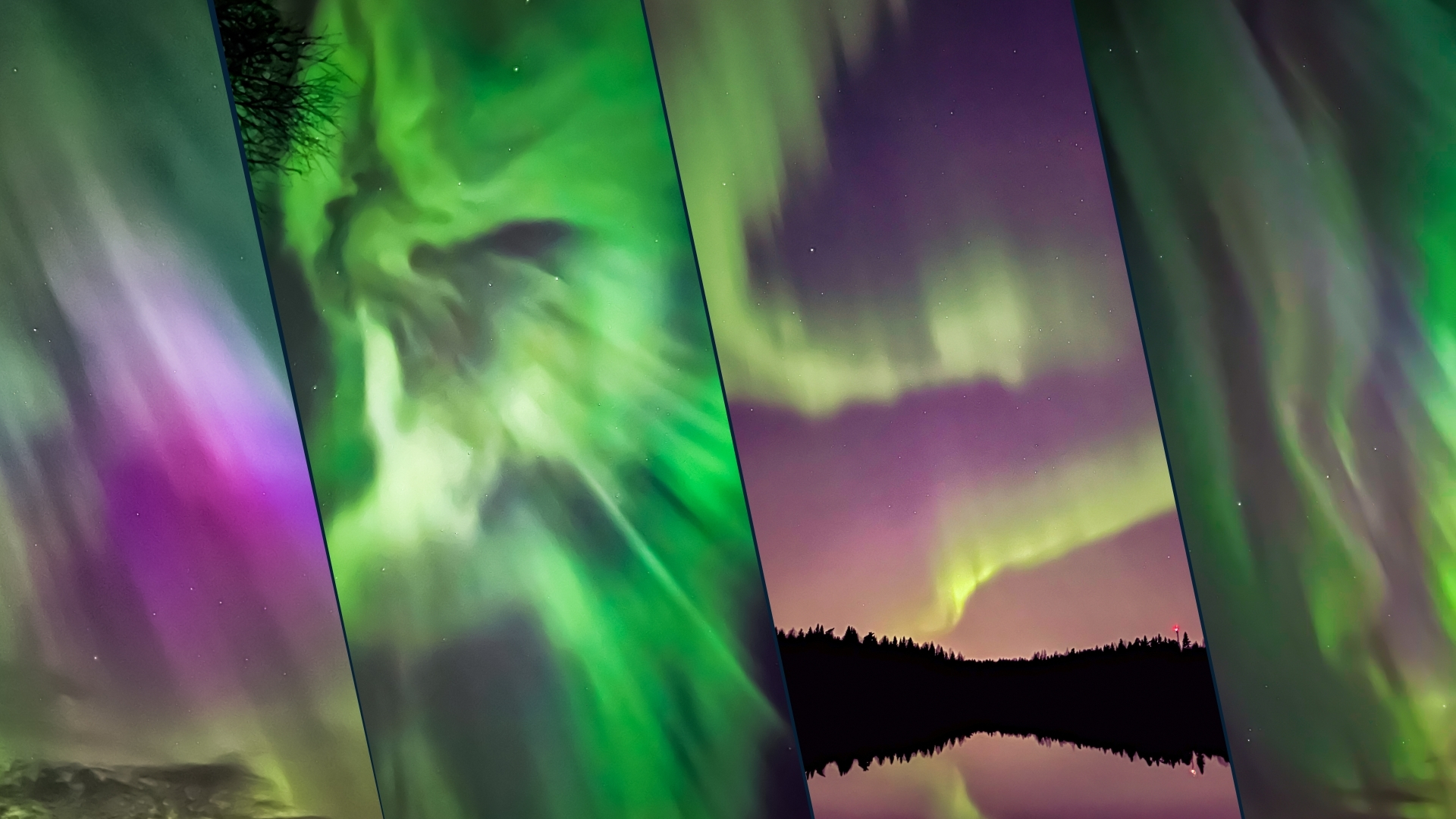Rocket Lab launched a hush-hush mission early Tuesday morning (Nov. 5).
The mission, for a "confidential commercial customer," lifted off atop an Electron vehicle from Rocket Lab's New Zealand site on Tuesday at 5:56 a.m. EST (0956 GMT).
The rocket's second stage separated some nine minutes into the flight, sending its confidential payload into orbit. Payload deployment was not livestreamed at the request of Rocket Lab's customer.

Tuesday's mission, which Rocket Lab calls "'Changes in Latitudes, Changes in Attitudes," sent one commercial satellite to low Earth orbit.
That's pretty much all we know about it, however; the company did not provide further information, presumably at the request of its unnamed customer.
Related: Rocket Lab launches 5 IoT satellites on landmark 50th mission (video)
"Changes in Latitudes, Changes in Attitudes" was Rocket Lab's 12th launch of 2024 and 54th overall. All of these missions have been performed by the 59-foot-tall (18 meters) Electron, which is designed to give small satellites dedicated rides to Earth orbit or beyond. (An Electron launched NASA's CAPSTONE mission, which sent a cubesat to the moon.)
Get the Space.com Newsletter
Breaking space news, the latest updates on rocket launches, skywatching events and more!
But that will change soon, if all goes according to plan: Rocket Lab is developing a larger, partially reusable rocket called Neutron, which is expected to debut next year.
Join our Space Forums to keep talking space on the latest missions, night sky and more! And if you have a news tip, correction or comment, let us know at: community@space.com.

Michael Wall is a Senior Space Writer with Space.com and joined the team in 2010. He primarily covers exoplanets, spaceflight and military space, but has been known to dabble in the space art beat. His book about the search for alien life, "Out There," was published on Nov. 13, 2018. Before becoming a science writer, Michael worked as a herpetologist and wildlife biologist. He has a Ph.D. in evolutionary biology from the University of Sydney, Australia, a bachelor's degree from the University of Arizona, and a graduate certificate in science writing from the University of California, Santa Cruz. To find out what his latest project is, you can follow Michael on Twitter.









